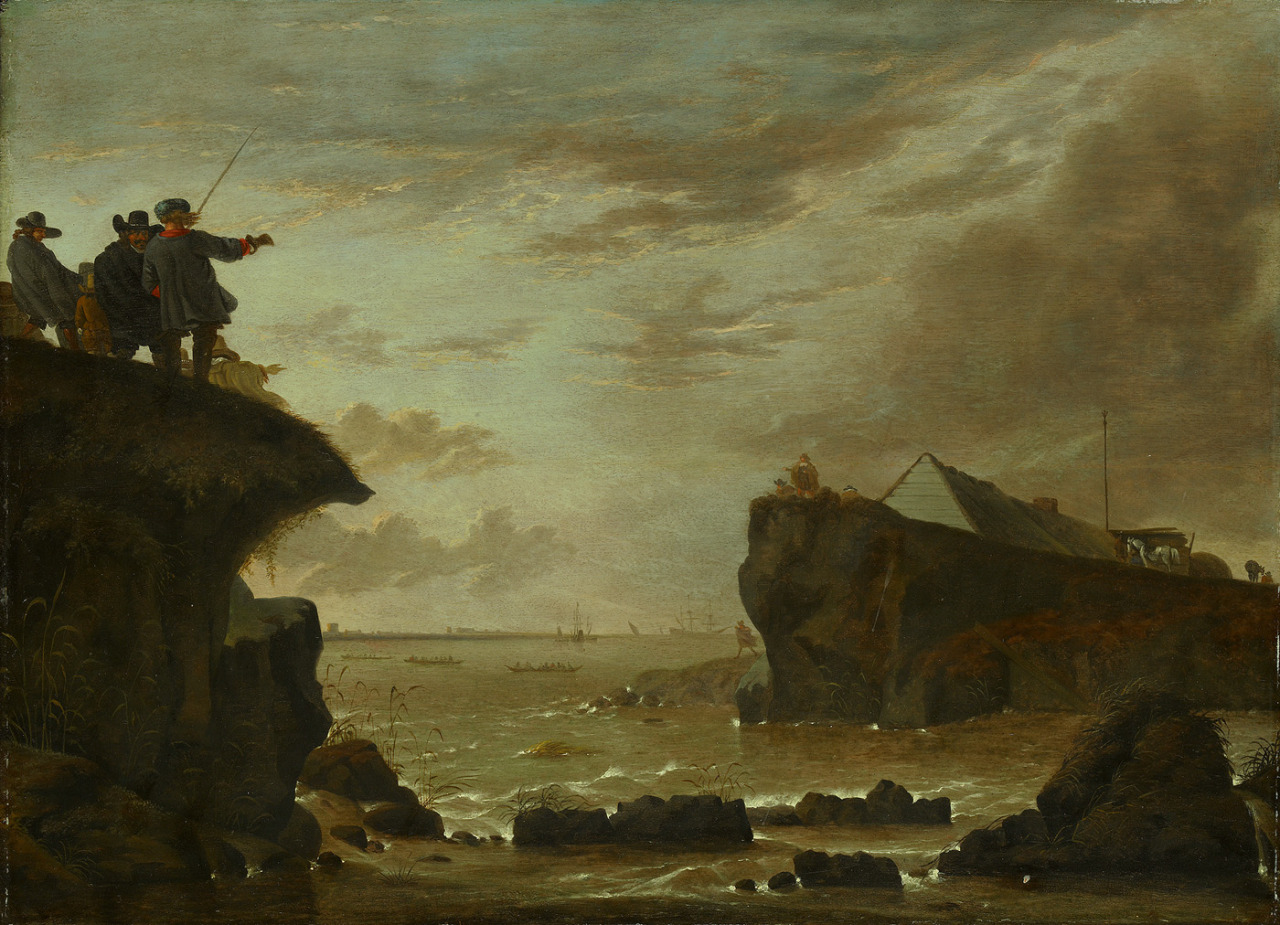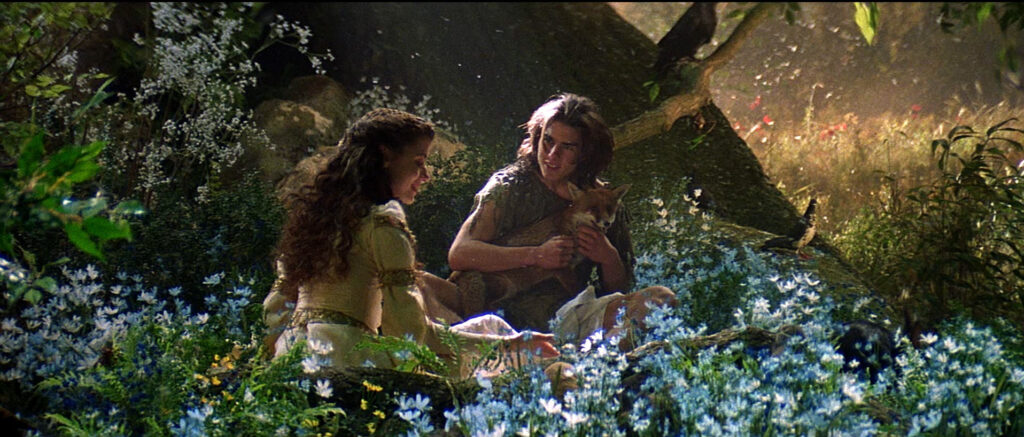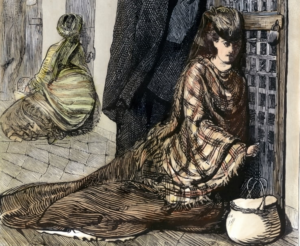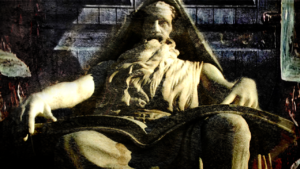The Imperium of Wildness

It is crucial for an empire or kingdom to preserve its wild hinterlands as wild, and to encourage a wildness within its civilized districts, precisely for the purpose of limiting the ‘safety’ pandering of bourgeois bureaucrats. Routine and accounts-keepers who do not possess of the austere virtues of the land, values which live only in its hinter. And there as an intangible aura — a strange light or flame the forest trekker discovers in the heart of the weald. They who know only acquisition of profit and control (itself a certain necessary evil, or cog in the mechanism of power) cannot grasp the larger picture, and balk at any suggested limit to human comforts. But all necessary disciplines become potential destructive forces when misplaced in the hierarchy totem of values, and much to their materialist chagrin, the natural totem status of the mercantile is very low indeed. A concept hard to grasp in our shambolic hyper-materialist ‘American empire’, which places it at the summit.
Only noblemen of virtue can become the righteous rulers of their land, when the land remains feral and perilous for the bourgeois. Weak men want to domesticate the enriching wildness to homogenize its unique and untamed marvels. They erect resorts upon its ferocious lushness and commodify the area with comfort; they do not manage a wood, the woodsman’s art — they cut down all the trees for immediate profit and plant a commodity-crop. There is always a certain level of necessity to some of this activity, but given an unrestrained priority, it destroys the heart of a land, and with a misplaced, high totemic status becomes the sole lord of an arid wasteland, an expanse of cement and death.

People can only become austere and strong when they live wildly, when law & order is as aristocratic as the eagles eye, when people practice self-sufficiency as a virtue, not a frightful necessity. The life of virtue is for freemen, and even the acquisition of gold, land and power is oppositional to fey luxury, when done correctly. The true aristocrat values his land and knows how to work it himself, sustainably, with a love for its wild borders and a respectful nod to Silvanus. The highly concentrated urban centers irresistibly attract the criminals, the parasitical profiteers, the sensation-seekers. They who prey on the lovers of safety and routine, the domesticated human. The imperium of wildness weeds out the parasites naturally, and danger encourages religious piety and the order of honour-law, exemplified in the natural duel (courage-test) as settlement of heroic noblemen. The imperium of wildness is beyond the controlling petty tyranny of bourgeois bureaucracy.
Only a preserved wilderness, or in its absence a rewilding of the kingdom (verdantly and spiritually) can make men free again. Natural order must have a final authority over bourgeois safety regulations. The necessity of this order is best protected by religion for reasons rightly considered ‘good’ — because its laws and workings are immaterial and genealogically instinctual and best preserved by esotericism.
Where is the wild place, if not within your heart?
No society can prosper if it aims at making things easier-instead it should aim at making people stronger.
– Ashoka











